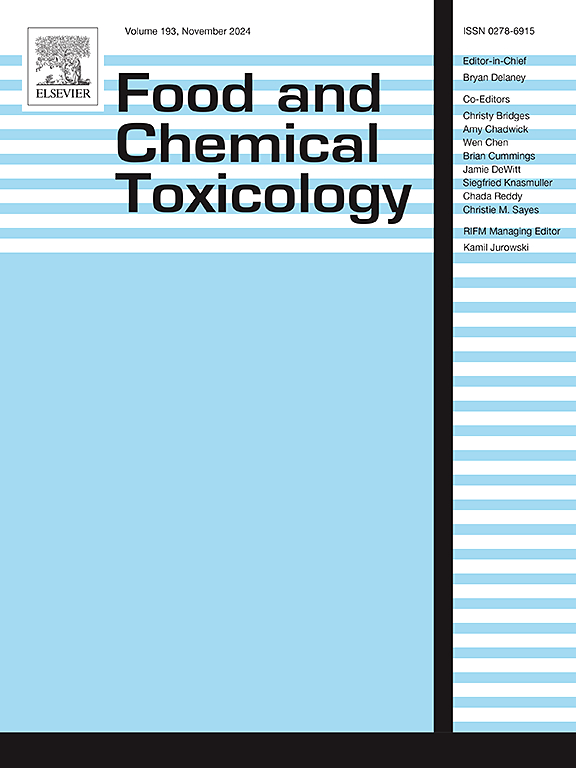4th generation of warfare agents – Novichoks: Threats, problems, challenges for the security of the armed forces and civilian population
IF 3.9
3区 医学
Q2 FOOD SCIENCE & TECHNOLOGY
引用次数: 0
Abstract
This publication explores the characteristics, threats, and challenges posed by fourth-generation chemical warfare agents - Novichoks. These highly toxic agents, recently introduced to the international security landscape, represent a significant risk not only to military forces, but also to civilian populations, especially in the context of potential terrorist attacks. The study examines the molecular structure, toxicity, and physiological effects of Novichoks, underscoring their resistance to conventional decontamination methods and their rapid, severe impact on human health. Through the case studies, including the poisoning incidents involving Sergei Skripal, Alexei Navalny, and other high-profile cases, this publication illustrates the real-world implications of these agents in acts of targeted violence. It also discusses the international regulatory measures established by organizations such as the Organization for the Prohibition of Chemical Weapons (OPCW) and highlights EU and NATO policies aimed at preventing the proliferation and use of Novichoks and similar agents.
求助全文
约1分钟内获得全文
求助全文
来源期刊

Food and Chemical Toxicology
工程技术-毒理学
CiteScore
10.90
自引率
4.70%
发文量
651
审稿时长
31 days
期刊介绍:
Food and Chemical Toxicology (FCT), an internationally renowned journal, that publishes original research articles and reviews on toxic effects, in animals and humans, of natural or synthetic chemicals occurring in the human environment with particular emphasis on food, drugs, and chemicals, including agricultural and industrial safety, and consumer product safety. Areas such as safety evaluation of novel foods and ingredients, biotechnologically-derived products, and nanomaterials are included in the scope of the journal. FCT also encourages submission of papers on inter-relationships between nutrition and toxicology and on in vitro techniques, particularly those fostering the 3 Rs.
The principal aim of the journal is to publish high impact, scholarly work and to serve as a multidisciplinary forum for research in toxicology. Papers submitted will be judged on the basis of scientific originality and contribution to the field, quality and subject matter. Studies should address at least one of the following:
-Adverse physiological/biochemical, or pathological changes induced by specific defined substances
-New techniques for assessing potential toxicity, including molecular biology
-Mechanisms underlying toxic phenomena
-Toxicological examinations of specific chemicals or consumer products, both those showing adverse effects and those demonstrating safety, that meet current standards of scientific acceptability.
Authors must clearly and briefly identify what novel toxic effect (s) or toxic mechanism (s) of the chemical are being reported and what their significance is in the abstract. Furthermore, sufficient doses should be included in order to provide information on NOAEL/LOAEL values.
 求助内容:
求助内容: 应助结果提醒方式:
应助结果提醒方式:


